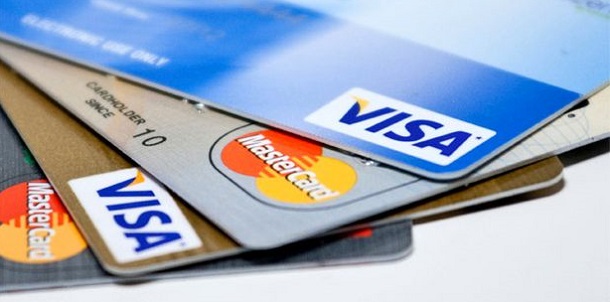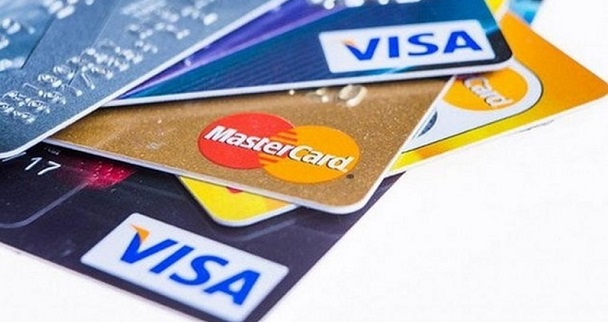
Credit ratings are often misunderstood and a mystery to most individuals, and when you have a bad credit rating it can be both stressful and costly. Having a healthy credit score can open up a range of financial options when you do need to obtain some form of credit.
Whether you are applying for a mortgage, buying a new car or getting a credit card, lenders will be more willing to provide you with credit and will often offer better deals when your credit score is good.
A poor credit rating severely limits the credit options available to you, and as hopeless as this situation may seem it is important to remember that bad credit doesn’t have to last forever. There are a handful of ways you can improve your credit rating:
1. Check Your Credit Reports
Before you can begin improving your credit score, you need to know what you are working with. Your credit score is based on your credit report, and you can request a copy of your credit report from any of the three UK based credit reference agencies: Experian, Equifax and Callcredit. See our recommendations for who is offering the free credit reports.
As all credit decisions will be made based on this report, it is vital that all the information included within it is accurate. Sometimes mistakes or fraudulent activities can make their way onto your credit report. Check it carefully, and if you notice any inaccurate information, then you should inform the credit reference agency immediately.
Errors on your credit report can have a more significant effect on your credit score than you might think. For example, one wrongly reported late payment could knock between 60 and 110 points off your score.
2. Register To Vote
This might seem irrelevant to your credit score, but credit agencies check the addresses that you have previously lived at as well as your current residence as a way to verify you. One easy way to signify that you live at an address is to register to vote with your local council.
When you have registered, you will receive a letter from your local council that states you can vote in that electoral ward, and this is when you will know that you will begin to appear on credit reports at that address.
Registering to vote is very simple and takes just a few minutes to do online at or you can contact your local council office for the relevant registration forms.
3. Avoid New Credit Card Purchases
Every time you make a purchase on a credit card, it raises your credit utilisation, which is the ratio of your credit card balances to your credit card limits. The higher your credit utilisation then the more your credit score is affected.
If you have the cash to pay for a purchase then always use that before deciding to use a credit card. Lowering your credit card balance as much as possible will help to improve your credit score.
4. Never Miss A Payment
If you have a credit card or other debt you are currently paying off, make sure you always make your payments on time even if you are struggling with money. One or two late or missed payments on your record can impact your credit score for years to come.
Set up a direct debit to pay off your minimum repayments on time every month, this ensures you will never make a late payment. If you want to pay off more than the minimum, then you can pay off more manually every month.
5. Cancel Unused Cards
Many people will switch credit card providers or bank accounts and never get around to cancelling their existing agreements. Even if you have a credit card that has been paid off in full and isn’t used then that line of credit will still appear on your credit report as part of your existing debt.
As soon as you switch to a new account, ensure your old accounts that you no longer require are closed immediately, so they don’t have a negative impact on your credit score.
6. Dont Make Several Applications At Once
Every single time you apply for any form of credit, a credit search note will be left on your record. The more credit searches that are made in a short period of time, the less likely you are to be approved for credit.
Space out your applications over a more extended period of time and try to avoid applying for several different types of credit all at once.
7. Pay Off Your Debts
Your current debt makes up a huge 30% of your credit score, and if you are trying to improve your overall score you will need to start reducing any existing debts as much as possible.
It can be difficult to clear large debts but try to get in the habit of using any extra money you have to pay off some more of your debt. It will be a sacrifice to your lifestyle, but the credit score points you will gain will be worth it.
8. Create Some Stability
The more stable you can make yourself look on your credit report, the more likely you are to be approved for credit. Credit providers will be more confident about lending to you if you come across as a stable individual.
Lenders will often see homeowners more stable than individuals living with parents or renting and employed individuals will be more stable than those who are self-employed.



